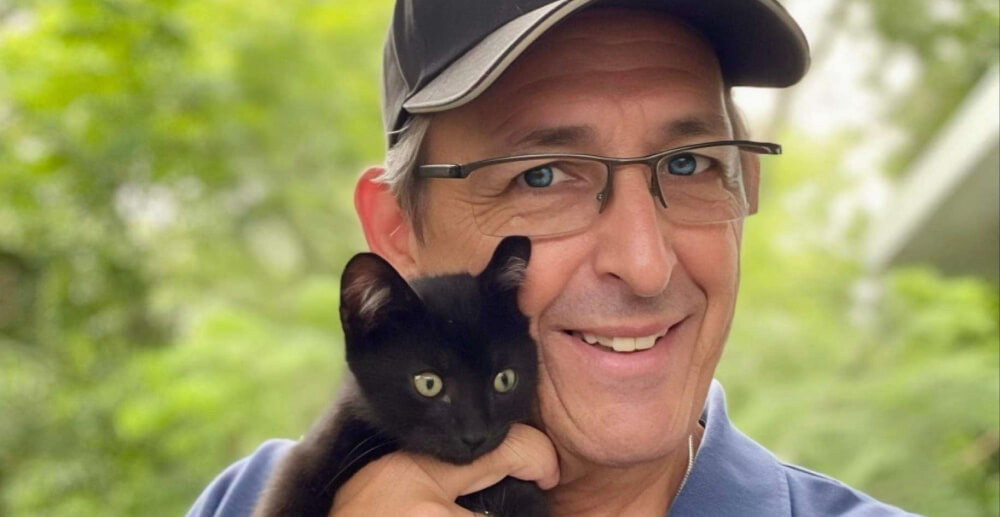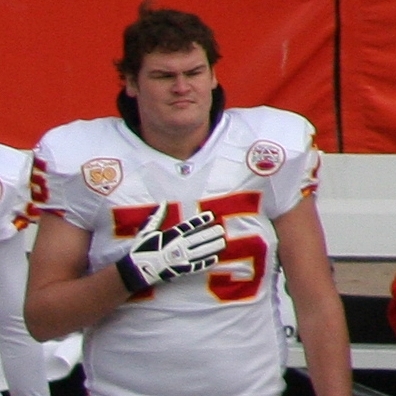Recovering from opiate addiction starts with seeing a life outside of addiction as a possibility.
By now, most of us have stumbled across endless terrifying headlines of opiate addiction, and morbidly graphic images of the toll of the opioid crisis: destroyed lives, overdose, and death. This is where the media goes with coverage of the crisis. When the conversation does deviate from the soaring number of tragic stories and statistics, it tends to veer towards punitive solutions, like changing legislation and catching drug dealers.
These topics help drum up awareness for the opioid crisis and change in policy, so they serve a purpose. They don’t serve those actually struggling with opiate addiction. What kind of coverage could those struggling with addiction use more of? Stories of hope and recovery. It doesn’t feel like an epidemic when it’s a disease of isolation, and a disease of self-doubt.
People struggling with opiate addiction might not have easily accessible inspiration, and role models of people who have effectively recovered. This is especially true for people who need non-cold turkey options, like methadone and Suboxone long-term.
Recovering from opiate addiction starts with seeing it as a possibility. From there, the next step is to find one’s path, which will vary from person to person.
Below are just a few examples of people in recovery who are openly public with their stories.
1. Ryan O’Callaghan
Ryan O’Callaghan is a former NFL player who recently shared his story publicly. In his Washington Post interview, he described using Vicodin to mask his worries about being secretly gay, and how he nearly killed himself. His recovery began when he started coming out to his family and friends, and found them supportive.
On Ryan’s Path to Recovery: Coming out to his coach, treatment with a clinical psychologist, supportive friends and family.

2. Nikki Sixx
Nikki Sixx co-founded the band Mötley Crüe. He wrote a memoir and accompanying soundtrack about surviving heroin addiction, which he credits to having a supportive network of family and 12-step, as well as adequate healthcare.
He has been a vocal advocate about the need for better solutions to the opioid crisis, including access to the overdose-reversal drug naloxone, affordable healthcare, and more addiction research funding. He was recently featured in the LA Times, and also runs the website The Heroin Diaries.
In his powerful words, “No one is a junkie by choice. And no junkie is a lost cause. Addiction cannot be solved behind closed doors. It’s a sickness, a systemic failure and a societal problem. Individuals are responsible for their own recovery, but too often, we struggle and suffer — as we sin — in secrecy and silence. Secrecy and silence do not lead to solutions.So I am speaking out. And so should you. Because another 142 people are going to die today.”
On Nikki’s Path to Recovery: 12 step groups and sponsorship, supportive family and friends, affordable healthcare.
3. Elizabeth Brico
Elizabeth Brico is a freelance writer who shares about life after trauma and addiction, on her blog Betty’s Battleground, recently ranked by Feedspot as one of the top 75 PTSD blogs. She is a Workit contributor, writing a refreshingly candid and straightforward take on her firsthand experiences with Suboxone and methadone. Her important writing on addiction, mental illness, and injustice, has appeared on Vox, Vice, The Fix, Talk Poverty, Ozy, Racked, Stat, and The Establishment.
On Elizabeth’s Path to Recovery: Motherhood, methadone and Suboxone maintenance.
4. Ivana Grahovac
Ivana Grahovac is currently director of advancement at Facing Addiction. She is in long term recovery from heroin addiction and eating disorders, with a track record of success in various treatment centers as well as collegiate recovery programs. As she says, “Society doesn’t think people like me can get better…and doesn’t think that people addicted to heroin deserve a better life once they get sober. And all those irrational thoughts are the hallmark of the experience of being addiction to heroin.” (hear her story in her own words on Facebook.)
On Ivana’s Path to Recovery: Arrest & jail time, spiritual awakening.
5. Kali Lux
Kali Lux is Workit Health’s Community Lead, creating and curating content that speaks to those struggling to find recovery from addiction, as well as those already in recovery. Kali’s writing about overcoming her own opiate addiction has been featured on Thrive Global as well as our Workit blog (check out her writing on recovery here: 6 Reasons My Recovery Might Not Look Like Yours (And Why That’s Okay.)
On Kali’s Path to Recovery: Medication, 12-step, therapy, exercise, Workit exercises, meditation groups.
If you are in the depths of an opiate addiction right now, I hope this is a reminder that recovery is possible, for everyone, and that there are many different paths that work for people. For everyone, I hope this encourages you to also believe that recovery is possible, and respect the different ways of getting there.








